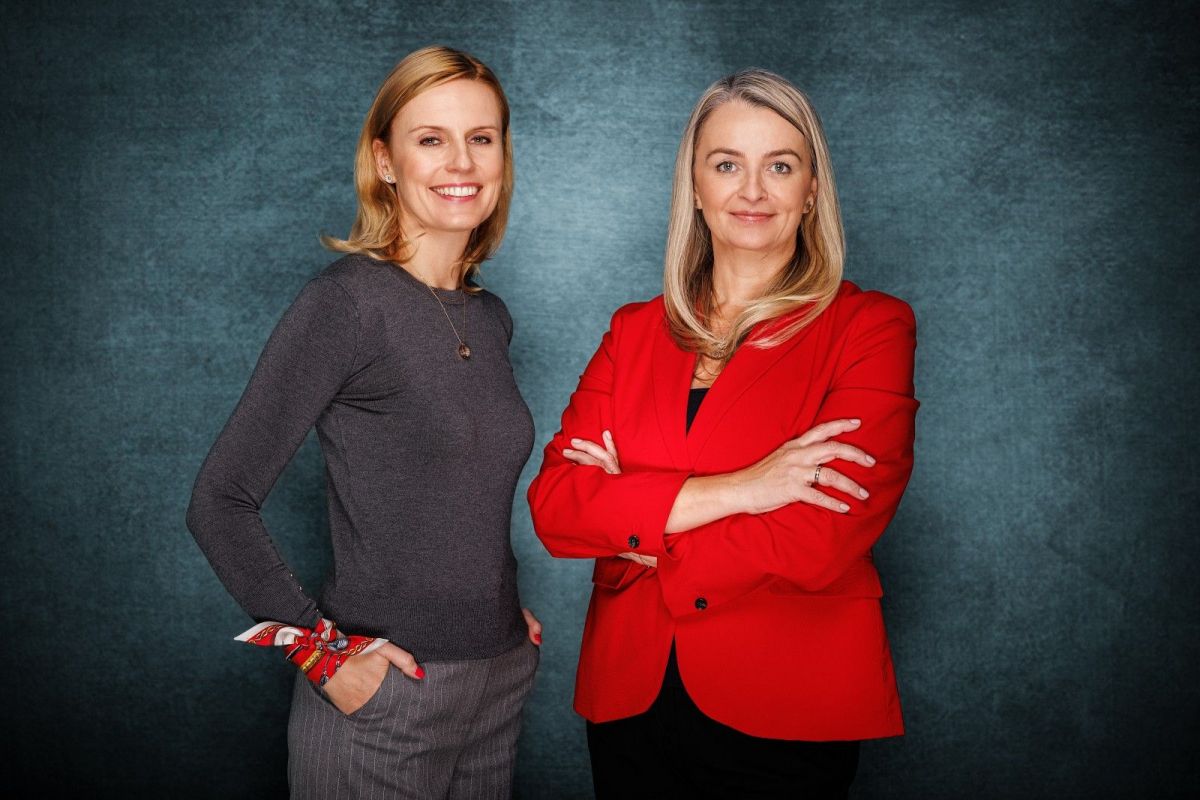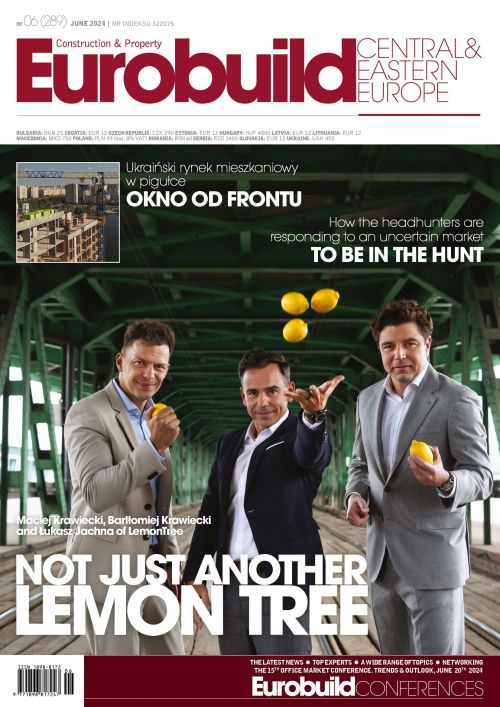You are mentors in the pilot Pathway to Success programme organised by US-based organisation Kidsave. What does this involve?
Joanna Iwanowska-Nielsen, a member of the board of Cemat and accredited as a mentor by the European Mentoring Coaching Council at the level of practitioner: Kidsave is an American-Ukrainian organisation that helps orphaned children in Ukraine and, more importantly, its work with them does not end when they reach the age of 18. The organisation helps those on the threshold of adulthood in many ways. We were impressed by this programme and had reached the stage in our careers where we wanted to give something back. We are both mentors and as such we share our business and life experience.
What’s it like working with youngsters?
Marta Zawadzka, the leasing and asset management director of Yareal Polska and a certified EMCC mentor in the process of accreditation: We have a group of seven young people with whom we meet online every three weeks. It’


























































